Lighting does more than enable us to see; it has a powerful influence on our emotions and behaviors. The interplay of light and shadow can paint our experiences, affect our sleep patterns, and even alter our mood and productivity. Understanding the psychology of lighting can help us harness its potential to create environments that foster well-being and efficiency.
Lighting and Emotional Well-Being The correlation between lighting and mood is well-documented. Warm lighting is often associated with comfort and relaxation, making it a popular choice for living areas where we seek to unwind. In contrast, cool lighting is energizing, better suited for environments where concentration and alertness are key. Prestigious design publications like Elle Decor regularly feature homes that strategically use lighting to create an atmosphere that promotes happiness and tranquility.
Productivity Illuminated Beyond mood, lighting can significantly impact cognitive performance. Studies suggest that bright, natural light can enhance alertness and reduce fatigue, which is crucial in workplace settings. Tailored lighting solutions that mimic daylight, as seen in innovative office designs featured by Vogue Living, can boost focus and productivity, making the workday both more pleasant and more efficient.
The Role of Circadian Rhythms Our circadian rhythms, or internal clocks, are heavily influenced by light cues. Proper lighting that aligns with these natural rhythms can improve sleep quality and overall health. This is where smart lighting solutions, which can simulate the gradual changes in natural daylight, come into play. Such technologies are not just functional; they're also stylishly presented in luxury lighting selections from Roche Bobois.
Creating Optimal Environments To optimize our environments for mood and productivity, it's important to consider the intensity, color temperature, and directionality of light. Adjustable lighting systems give us the flexibility to adapt our spaces to our needs at any given time. For those seeking to enhance their homes or workplaces with lighting that adapts to their lifestyle, Casalola Lights offers a range of options that fuse style with psychological insight.
Conclusion The psychology of lighting is a fascinating field that blends science with design. By understanding how light affects our mood and productivity, we can create spaces that not only look great but also feel good to be in. Whether for work, play, or rest, the right lighting can make all the difference in our daily lives.

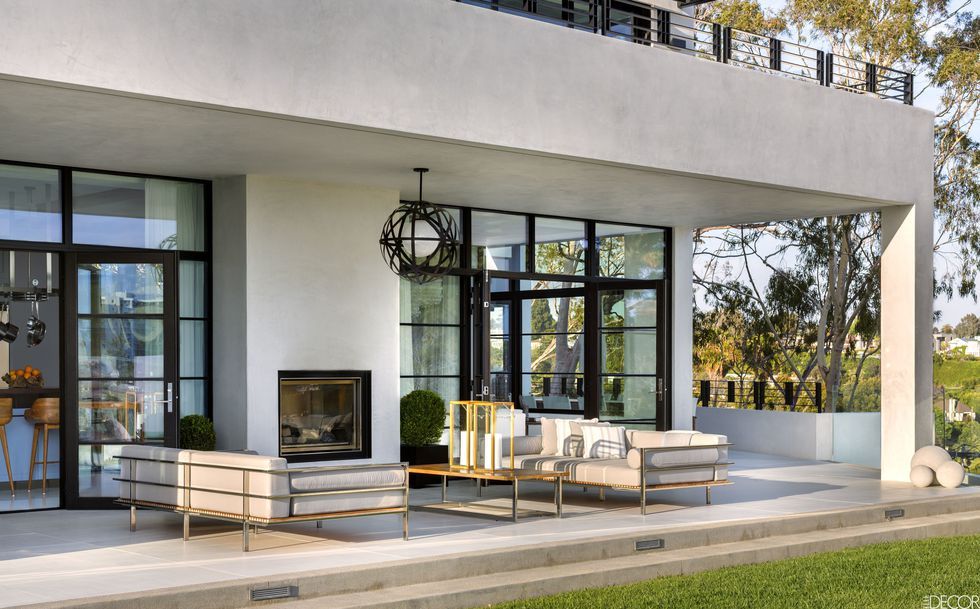
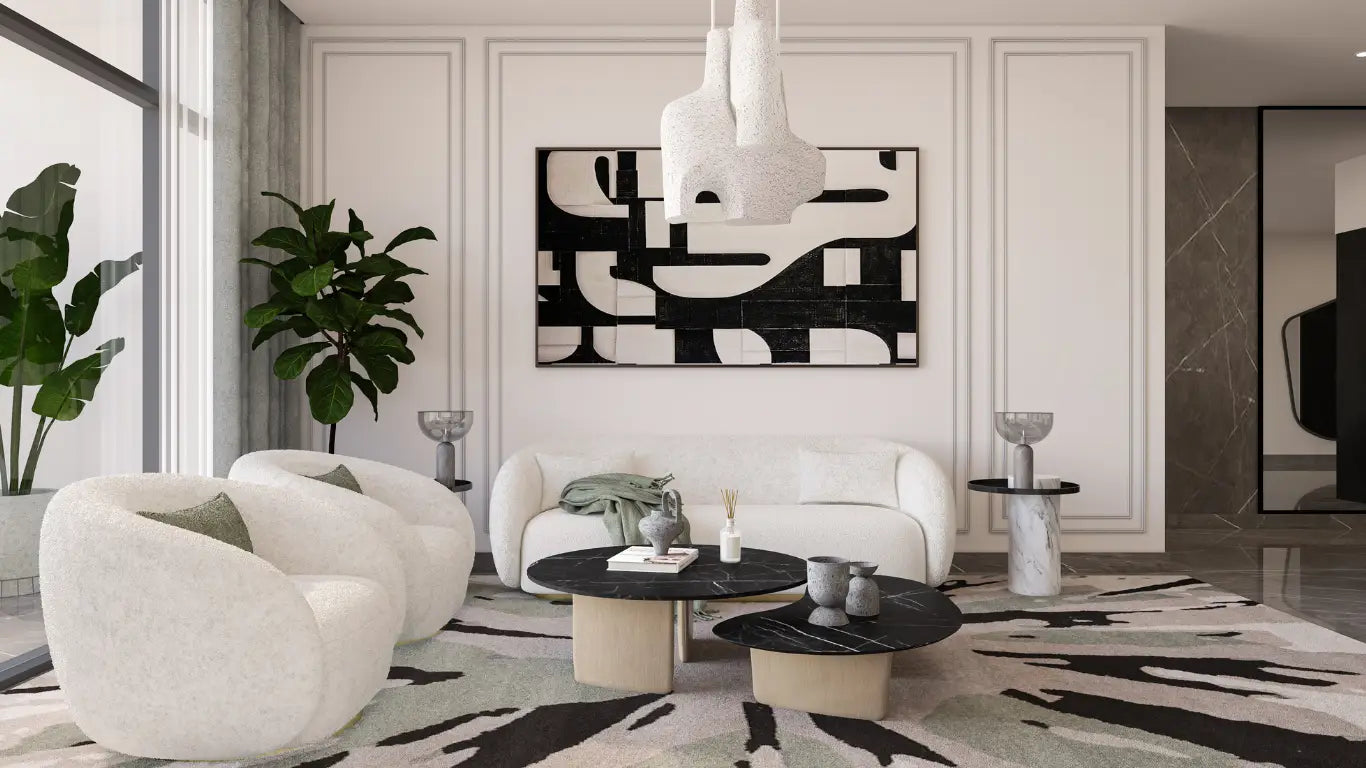
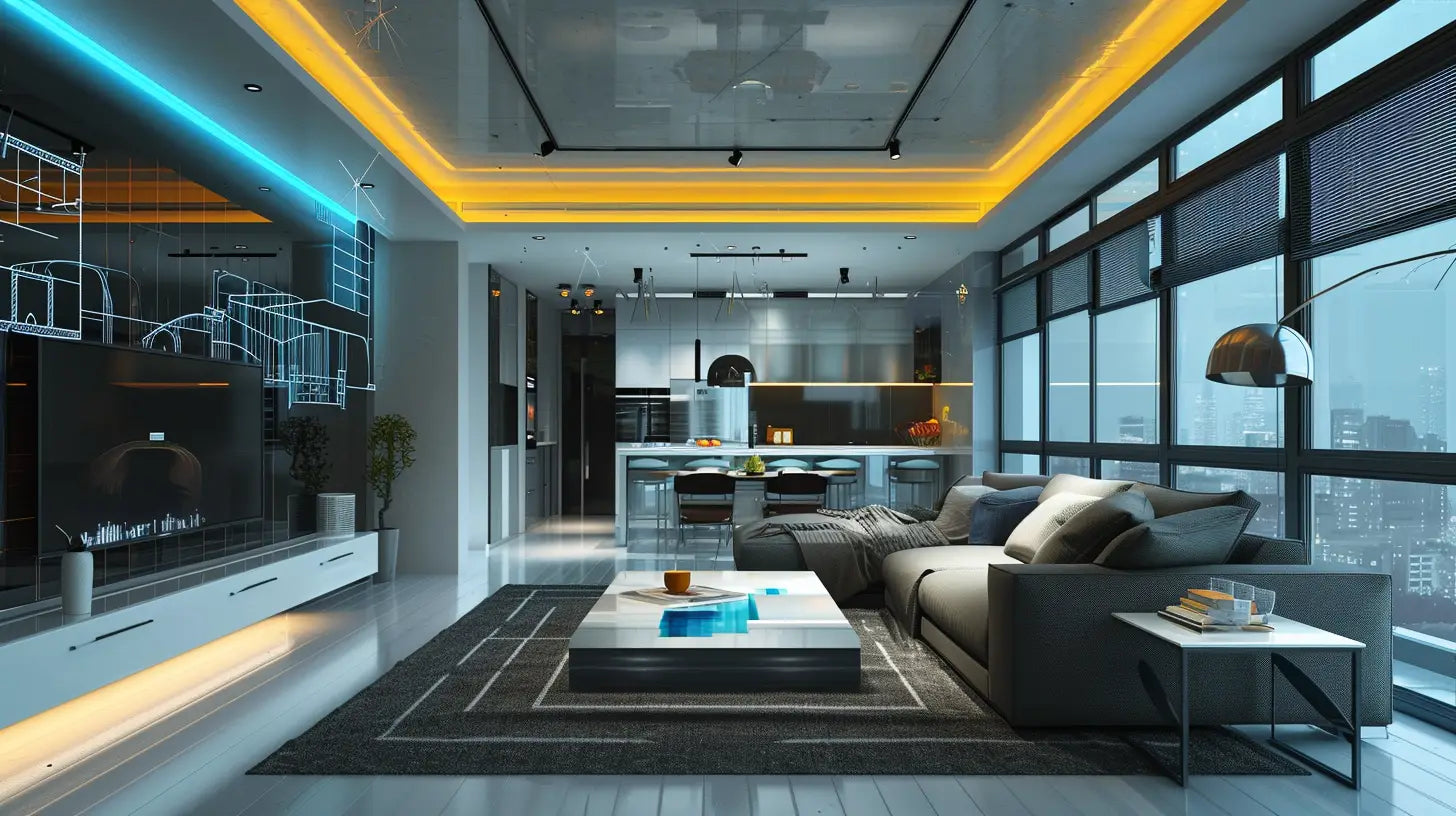
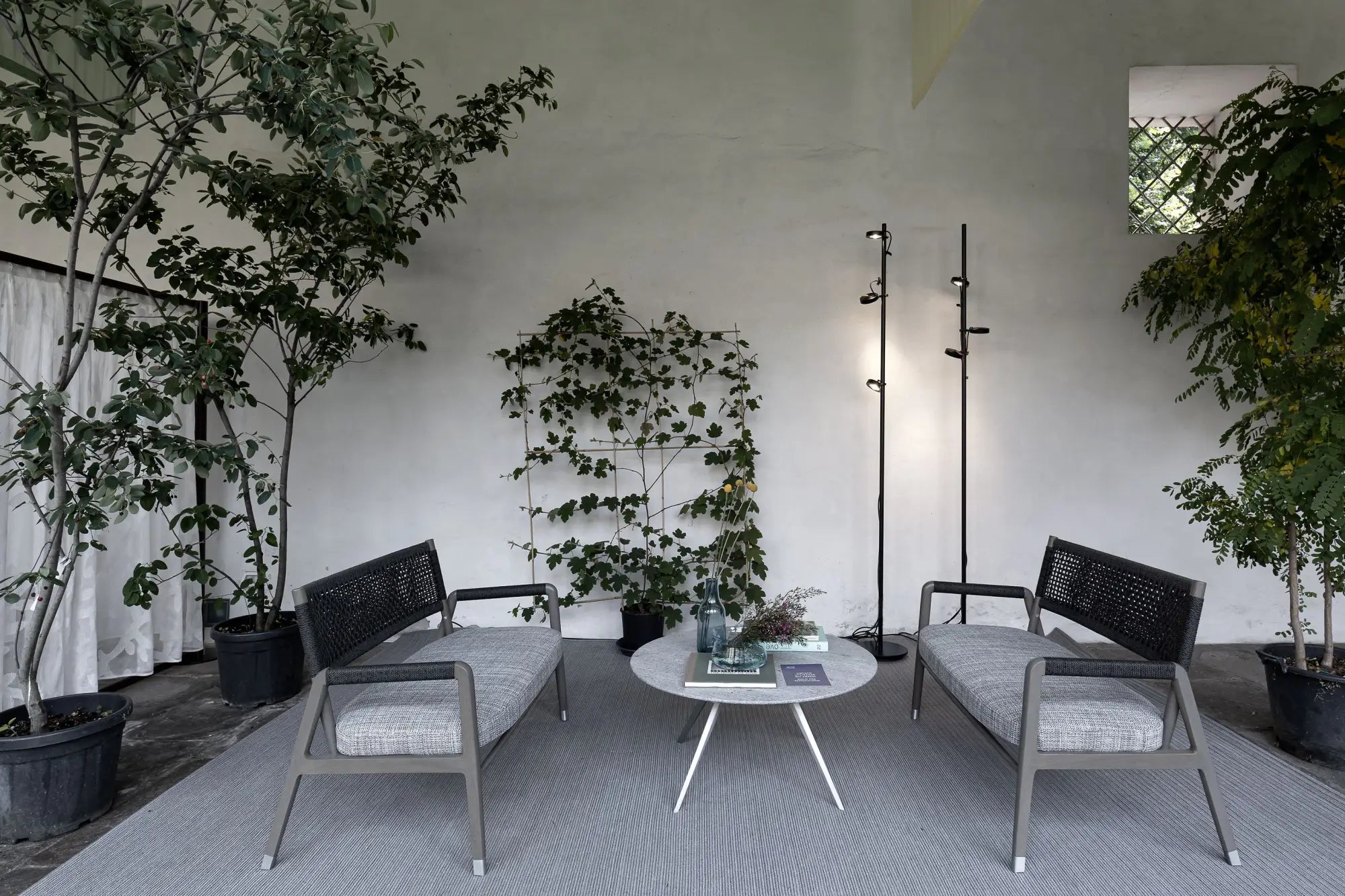




















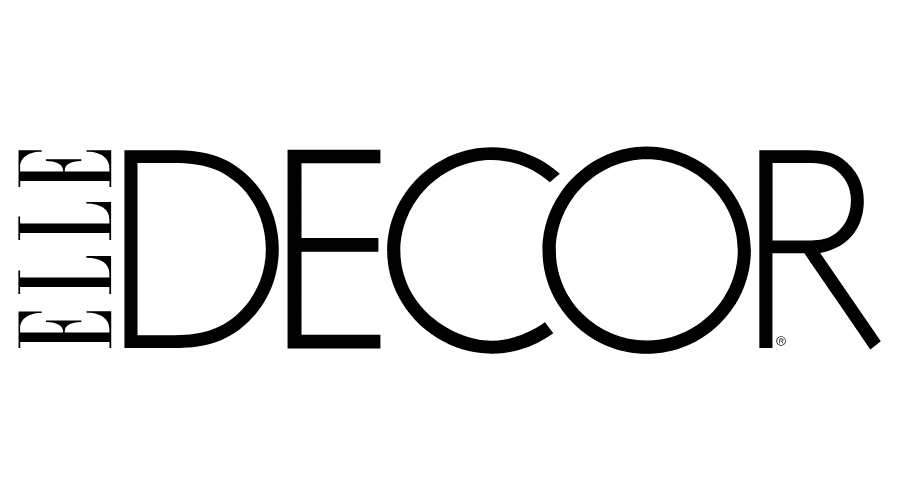


发表评论
所有评论在发布前都会经过审核。
此站点受 hCaptcha 保护,并且 hCaptcha 隐私政策和服务条款适用。